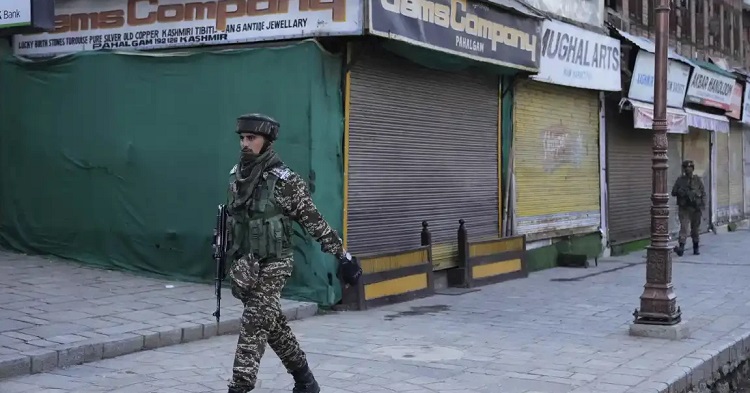A snapshot of Kashmir dispute’s history


The Kashmir dispute remains one of the longest-running and most complex territorial conflicts in South Asia with both India and Pakistan laying full claim to the region—despite each controlling only a portion of it.
Here are some of the key milestones that have shaped the decades-long conflict:
1948: The United Nations Security Council passed Resolution 47, calling for an immediate ceasefire, the withdrawal of troops, and a plebiscite to decide Kashmir’s future. However, deep-rooted disagreements between India and Pakistan prevented its enforcement.
1950: The Indian Constitution granted Jammu and Kashmir a special status under Article 370, offering the region significant autonomy and self-governance—marking a defining moment in the constitutional history of the state.
1980s–1990s: A separatist insurgency surged, fueled by widespread local discontent and increasing demands for either full independence or integration with Pakistan. The armed rebellion triggered decades of violence and heavy military presence in the region.
1999: Tensions peaked once again with the Kargil War, an armed conflict along the Line of Control that further strained Indo-Pak relations and spotlighted the volatility of the Kashmir issue on the global stage.
2019: In a landmark—and controversial—move, the Indian government abrogated Article 370, revoking Kashmir’s autonomy. A sweeping security lockdown followed, accompanied by mass detentions of political leaders and communication blackouts.
2024: Regional elections were held for the first time since the revocation of autonomy, leading to the formation of a new local government. While New Delhi appointed a lieutenant governor to oversee administrative matters, many Kashmiris continue to push for broader autonomy within India’s federal framework.
